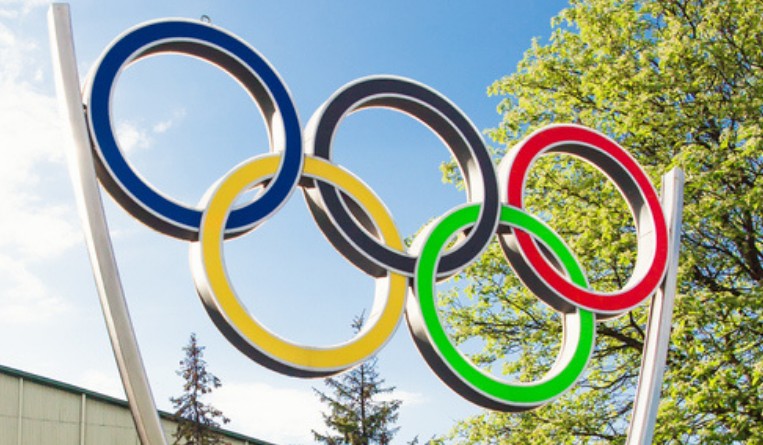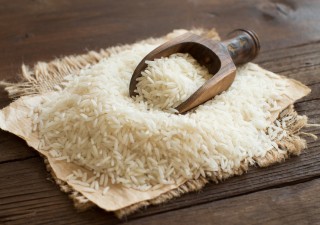“The presence of Covid-19 restraints and imposition of ‘bubble’ means that the Organizing Committee staff involved must sacrifice much more to carry out site clearance,” said Guo Cai, partner at Jin Mao Law Firm in Shanghai. “However, the task itself is not impacted just because of Covid-19 restrictions.”
The “bubble,” which authorities dub as a “closed loop system,” is a network of inter-connected mini bubbles that house stadiums, conference centers and 70 hotels located in three competition zones. These are downtown Beijing, Yanqing district and the city of Zhangjiakou which are up to 180 kilometers apart.
Nevertheless, technology-aided mechanisms are in place to ensure strong IP protection in connection with the Winter Olympics set from February 4 to 20 and the Paralympic Games scheduled from March 4 to 13.
“For example, according to the Copyright Protection Program devised by China Media Group which will be implemented in close collaboration with sublicensees, unauthorized streaming of the Games will mainly be monitored by engagement of technology, including 7/24 monitoring with full coverage of media platforms including around 2,000 television stations, 2,000 websites, 500 APP, 100 OTT platforms and 60 plus IPTV. State-of the-art technologies such as blockchain and timestamp will be actively put in use to identify and real-time forensicate unauthorized live streaming or clips of protected Olympic property, which will subsequently facilitate administrative or legal enforcement,” said Cai.
China also amended the Regulation on the Protection of Olympic Symbols(奥林匹克标志保护条例) in 2018, three years after Beijing was officially selected by the International Olympic Committee as host city for the 2022 Winter Olympics. With the amendment, the 2022 Winter Games-related symbols are added into the Regulation while the protection of Olympic symbols in general is enhanced as well. This includes enlarging the scope of Olympic symbols and rights holders.
“In addition, the process to acknowledge and license Olympic symbols is further clarified and the validity of an Olympic symbol is confirmed as ten years subject to extension. Further, ambush marketing is explicitly prohibited under the Regulation punishable under the Anti-Unfair Competition Law,” said Cai.
Ambush marketing is the practice of unofficially associating a brand or trademark with the Olympic Games even when the brand is not an official sponsor of the multi-sport event. One example is by greeting an Olympic athlete sponsored by the company and showing its trademark in connection with any symbol or word representing the Olympics. Another is by using official Olympic hashtags.
“Last but not least, the amended Regulations extend protection to Paralympic Winter Games-related symbols,” Cai added.
As far as counterfeit Olympic and Paralympic Games merchandise products are concerned, Cai said there seems to be no obvious sign of abundance of such in the market.
Espie Angelica A. de Leon








